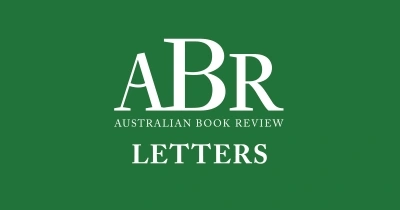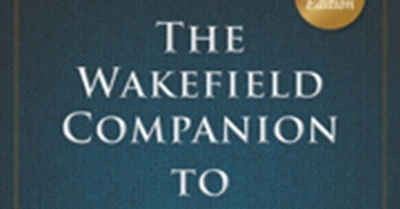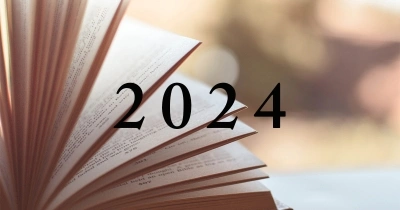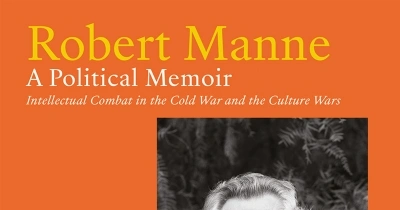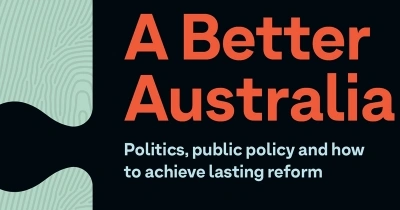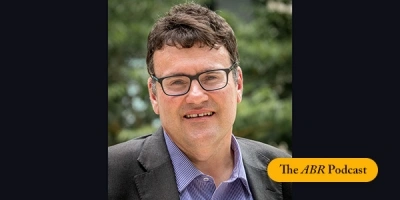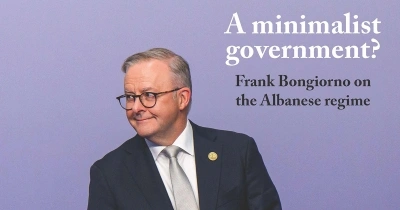Frank Bongiorno
When I think of Peter Rose’s legacy and his immense contributions to Australian letters as Editor of Australian Book Review, there are manifold achievements I might highlight. Peter has wholly transformed the magazine’s ambitions and horizons over his tenure, elevating ABR into an indispensable, world-class publication offering outstanding commentary, criticism, creative work, and coverage of the performing arts. He has shaped the national conversation in infinite ways, offering our best minds scope to debate the pressing issues of our times in complex, nuanced exchanges that are vanishingly rare elsewhere. He has served as a distinguished and tireless public advocate for the value of criticism, the arts, and the humanities, and has done so much to advocate for writers and writing, building prizes, fellowships, and other initiatives that continue to create vital opportunities and recognition for writers today. More quietly but no less diligently, he has also worked tirelessly to protect and preserve ABR as a jewel of Australian literature for generations to come.
... (read more)The Wakefield Companion
Dear Editor,
Bob Ellis’s disappointment with the new edition of The Wakefield Companion to South Australian History, reviewed by Frank Bongiorno (ABR, April 2025), is naturally disappointing to me as general editor. But in justice to the contributors, Aboriginal and non-Aboriginal, his claim that our work deals largely with ‘European items of interest and Eastern European [sic] artists’ is simply puzzling. This especially when the first eleven articles range from ‘Aboriginal −European Frontier Conflict’ through ‘Aboriginal Histories’ and ‘Aboriginal Land Rights’ (including a whole paragraph on native title) to ‘Aborigines Protection Board’.
... (read more)The Wakefield Companion to South Australian History: Second Edition edited by Wilfrid Prest
A Political Memoir: Intellectual combat in the Cold War and the culture wars by Robert Manne
A Better Australia: Politics, public policy and how to achieve lasting reform by John Brumby, Scott Hamilton, and Stuart Kells
In this week’s ABR Podcast, Frank Bongiorno assesses the Albanese government, which has recently completed the first half of its first term in office. Frank Bongiorno is Professor of History at the Australian National University, President of the Australian Historical Association, and the author of books including Dreamers and Schemers: A political history of Australia. Listen to Frank Bongiorno’s ‘‘‘Thin labourism” How is the Albanese government travelling?’, published in the April issue of ABR.
... (read more)The Journal of Australian Political Economy (JAPE) recently published a special issue to mark the (presumed) halfway point of the Albanese Labor government. There was an editorial and nineteen articles. As you would expect, the verdict was mixed. The most striking thing to me, however, was that the authors had enough material to work with. A similar exercise for the Abbott and Morrison governments would have produced the problem faced by Old Mother Hubbard. The Turnbull government might just have provided her poor doggy with a bone, but one without much meat on it.
... (read more)Frank Bongiorno is a historian based at the Australian National University in Canberra. His most recent book, Dreamers and Schemers: A political history of Australia, won the Canberra Critics Circle Award for Non-fiction, ACT Book of the Year, and the Henry Mayer Book Prize. He is president of the Australian Historical Association and the Council of Humanities, Arts and Social Sciences.
... (read more)Read the advances from the advances from the March 2024 issue of ABR.
... (read more)

